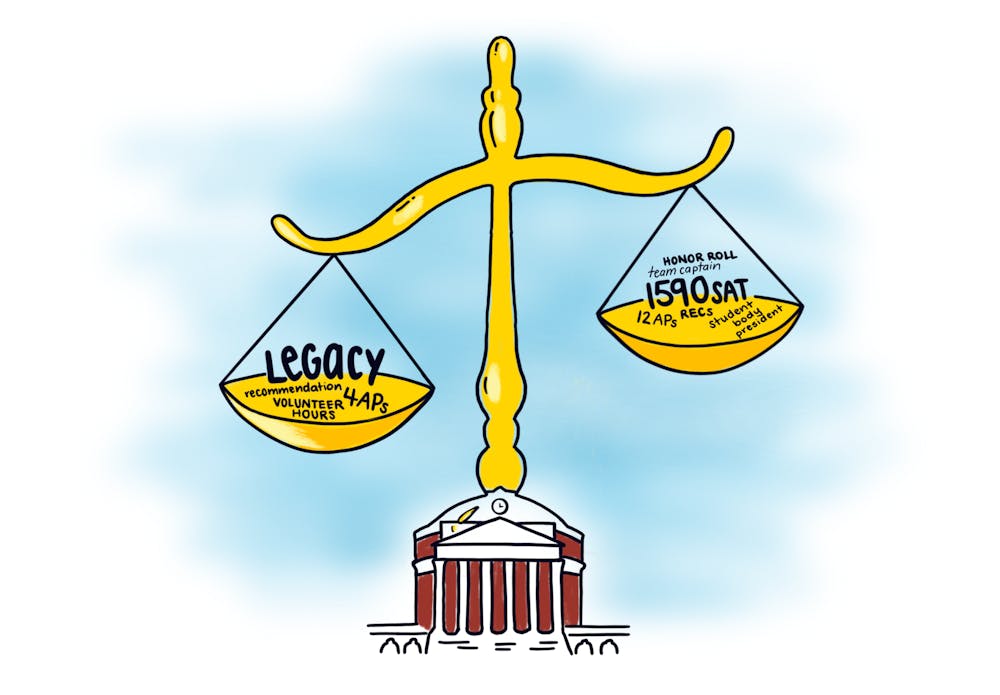
The application process into college can be a rigorous process and oftentimes extremely stressful. Students all over the world submit their applications and sometimes the decisions come down to decimals on a GPA. However, on many occasions the decision simply comes down to whether or not a member of an individual’s family attended the college in previous years. Although some colleges are choosing not to adopt this ideal, some colleges are still on the fence about this choice.
Legacy admissions refer to the method of giving special treatment to applicants with family ties to a college or university. Typically, this means a parent or grandparent attended the school, but some institutions extend the preference to siblings or other relatives. While legacy status alone does not guarantee admission, it can provide an extra boost in a rigorous selection process.
Individuals who support legacy admissions argue that this approach strengthens the relationship between universities and their graduates. Alumni who have a strong connection to their university are more likely to donate money, which can help finance programs, research, and overall improvements to the institution.
Junior Mary Gulley has mixed feelings about legacy admissions, “I agree with the fact that legacy admissions can increase the amount of money a family donates to the university, but I also think that it is unfair that students are not provided the same opportunities.”
Additionally, advocates of legacy admissions believe that it fosters a sense of tradition and community within colleges. Many families take pride in continuing their educational legacy, and some argue that this contributes to school spirit and a stronger bond with the institution.
On the other hand, some critics argue that legacy admissions provide an unfair advantage to students with a wealthier background, reducing opportunities for underrepresented students. Since legacy applicants often come from families with established connections to higher education, some people say this policy heightens the existing disadvantage for less fortunate students.
Junior Michael Fisher agrees, “I think that legacy admissions are unfair for students who did not have parents who attend college.” Many people have the same views as Fisher and feel that treatment should not be different solely based on a family’s lack of education.
The debate over legacy admissions is far from over. As more colleges reconsider their politics, the future of this ideal remains unknown. Whether colleges continue, modify, or abandon legacy admissions all together the conversation highlights broader questions about fairness, access, and the role of community in higher education.
